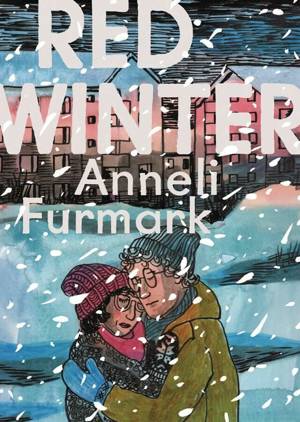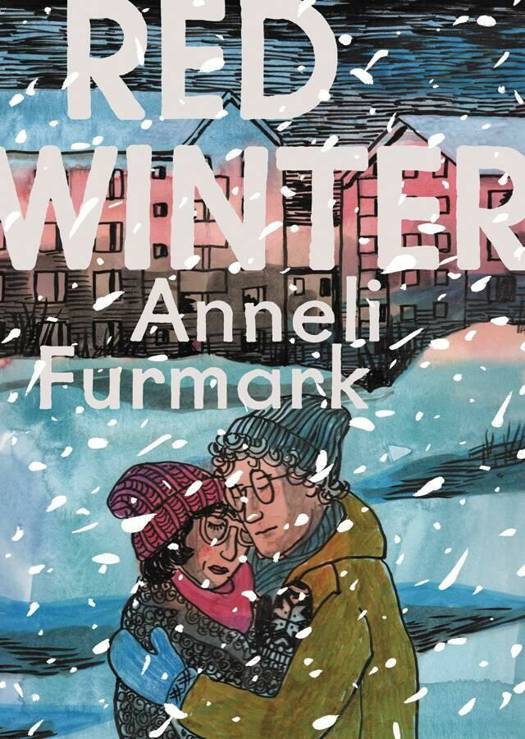
- Retrait gratuit dans votre magasin Club
- 7.000.000 titres dans notre catalogue
- Payer en toute sécurité
- Toujours un magasin près de chez vous
- Retrait gratuit dans votre magasin Club
- 7.000.0000 titres dans notre catalogue
- Payer en toute sécurité
- Toujours un magasin près de chez vous
Description
Political tensions flare as an adulterous romance blossoms in the heart of a barren, Swedish winter
The scene is late seventies Sweden: the four-decade-long reign of the once indestructible socio-democratic party has come to an end. Parties on the far left begin to mobilize, hoping to overcome the prevailing capitalist model on a national scale, but also in the streets, factories, and small towns to the North. This is where we meet Siv: a married mother of three employed by the youth sector of her local socio-democratic chapter. Without warning, Siv falls in love with a young Maoist, Ulrik, who recently arrived from the south of Sweden to militarize--and gain control--of the steelworkers union. Anneli Furmark's Red Winter weaves together the story of Siv, Ukrik, and the concentric circles of tension that slowly build around them, threatening to disintegrate her family's foundation. Her three children look on, noticing a shift in their mother without fully understanding it. Siv and Ulrik drift through the season, musing on their actions, their politics, their love, and its inevitable consequences--while Furmark's delicate hues of blue and orange heighten the cinematic qualities of northern Sweden's isolated landscape. Red Winter is a tale of a love that haunts in the darkness of winter.Spécifications
Parties prenantes
- Auteur(s) :
- Traducteur(s):
- Editeur:
Contenu
- Nombre de pages :
- 168
- Langue:
- Anglais
Caractéristiques
- EAN:
- 9781770463066
- Date de parution :
- 23-01-18
- Format:
- Livre broché
- Format numérique:
- Trade paperback (VS)
- Dimensions :
- 155 mm x 213 mm
- Poids :
- 408 g

Les avis
Nous publions uniquement les avis qui respectent les conditions requises. Consultez nos conditions pour les avis.






